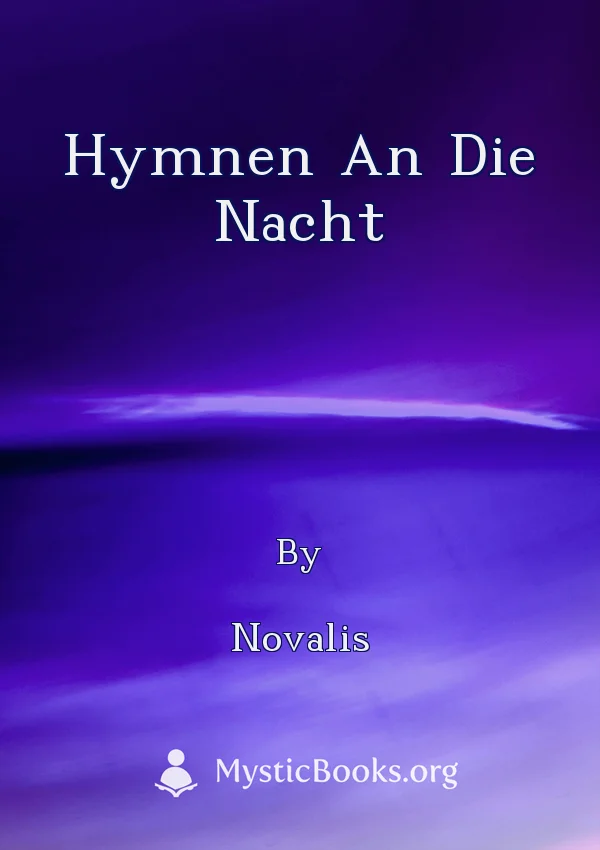
Hymnen an die Nacht
by Novalis
'Hymnen an die Nacht' Summary
Die "Hymnen an die Nacht" sind ein Gedichtzyklus des deutschen Schriftstellers Novalis (Friedrich von Hardenberg), der 1800 in der Zeitschrift "Athenäum" veröffentlicht wurde. Das Werk gilt als Höhepunkt von Novalis' Lyrik und als bedeutende Dichtung der Frühromantik. Die sechs Hymnen befassen sich mit der romantischen Interpretation von Leben und Tod, wobei die Nacht als Symbol für den Übergang zwischen beiden fungiert. Novalis entwickelt Leben und Tod zu ineinander verwobenen Konzepten, wobei der Tod letztlich zum romantischen Prinzip des Lebens wird. Die Hymnen zeichnen sich durch eine universelle Religion mit einem Vermittler aus, der entweder Jesus oder der verstorbene Geliebte sein kann. Die drei Zyklen, die jeweils aus zwei Hymnen bestehen, zeigen die Entwicklung vom Leben im irdischen Reich des Lichts über eine Phase der schmerzhaften Entfremdung zur Befreiung in der ewigen Nacht. Die folgenden Hymnen schildern das Aufwachen aus der Vision und die Sehnsucht nach der Rückkehr zu dieser.Book Details
Language
GermanOriginal Language
Published In
Authors
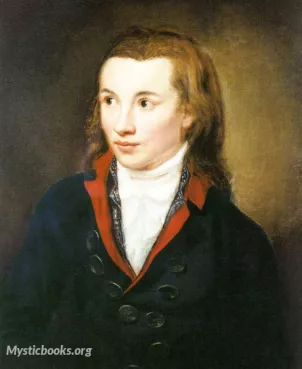
Novalis
Germany
Novalis (born Friedrich von Hardenberg; 28 May 1772 – 25 March 1801) was a German poet, novelist, and philosopher. He was a major figure in the early Romantic movement, and his work is characterized b...
Books by NovalisDownload eBooks
Listen/Download Audiobook
- Select Speed
Related books
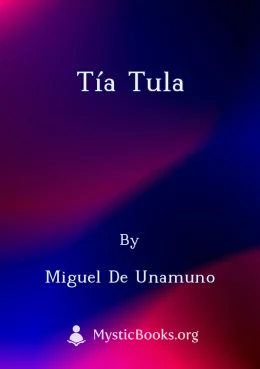
tía Tula by Miguel de Unamuno
The story of tía Tula, a young woman who chooses to remain unmarried and dedicate her life to caring for her sister's children. After the death of her...
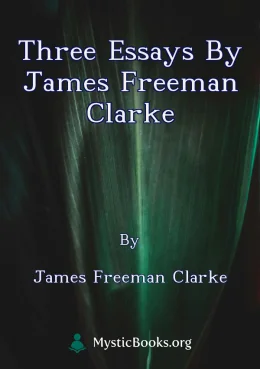
Three Essays by James Freeman Clarke by James Freeman Clarke
This book contains three essays by James Freeman Clarke, a Unitarian minister and abolitionist. The first essay, "Are Souls Immortal?", explores the q...
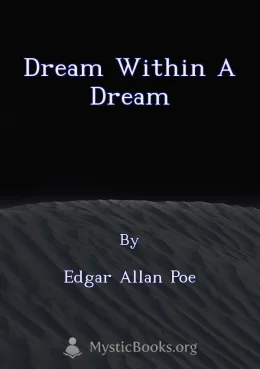
Dream within a Dream by Edgar Allan Poe
LibriVox volunteers bring you 15 different recordings of A Dream within a Dream by Edgar Allan Poe. This was the weekly poetry project for the week of...
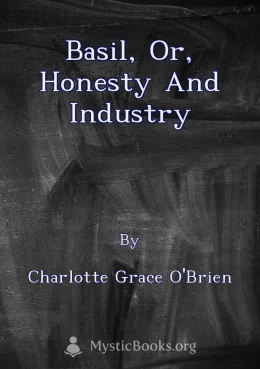
Basil, or, Honesty and Industry by Charlotte Grace O'Brien
Basil is a poor boy who learns the value of honesty and hard work. He also discovers the importance of his relationship with God. Through his trials a...
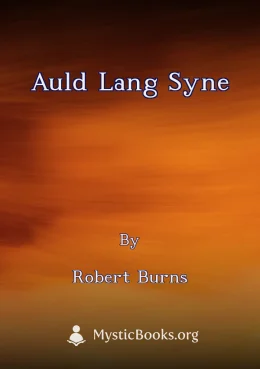
Auld Lang Syne by Robert Burns
This LibriVox audiobook contains 11 recordings of Robert Burns' poem 'Auld Lang Syne.'
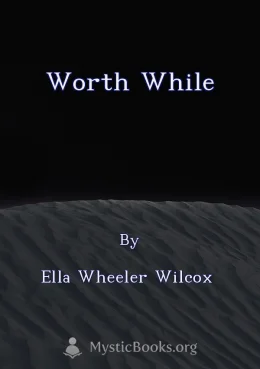
Worth While by Ella Wheeler Wilcox
Ella Wheeler Wilcox's "Worth While" is a collection of poems that explore themes of love, life, and the human condition. Wilcox's verse is known for i...
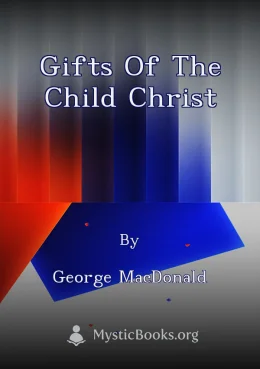
Gifts of the Child Christ by George MacDonald
In a Victorian London setting, 'Gifts of the Child Christ' tells the story of the Greatorex family during the Advent season. Their home is filled with...
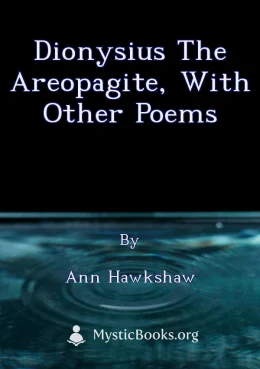
Dionysius the Areopagite, with other poems by Ann Hawkshaw
This collection of poems by Ann Hawkshaw, a prominent figure in early industrial Manchester poetry, centers around her epic work, *Dionysius the Areop...
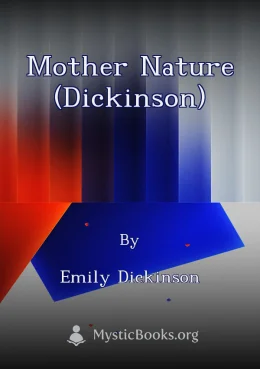
Mother Nature (Dickinson) by Emily Dickinson
Emily Dickinson's "Mother Nature" is a poignant exploration of the natural world and its connection to human existence. Known for her unconventional...

Book of Missionary Heroes by Basil Joseph Mathews
This book tells the stories of various missionaries throughout history who faced danger and hardship to spread Christianity around the world. The book...
Reviews for Hymnen an die Nacht
No reviews posted or approved, yet...